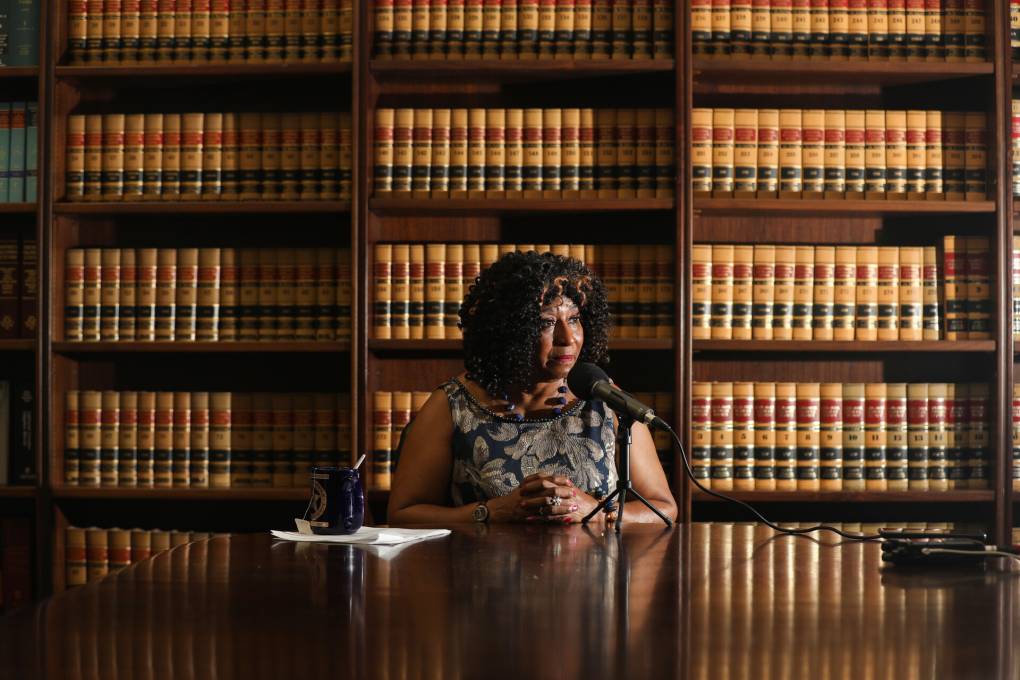The Alameda County Registrar of Voters is seeking to amend county recall laws.
If approved by voters, the changes may impact the high-profile recall effort of Alameda County District Attorney Pamela Price — even, potentially, shifting the recall to the November presidential election when higher turnout may favor the outcome toward Price, a reform-minded DA.
In a Tuesday letter sent to the Alameda County Board of Supervisors, the registrar of voters recommended supervisors adopt an ordinance at their Oct. 24 meeting to put the proposed language before voters in a special election on March 5, the date of California’s primary.
The charter amendment would eliminate all of the recall laws on Alameda County’s charter, and replace them with the language, “California state law applicable to the recall of county officers shall govern the recall of county of Alameda elected and appointed officers.”


